7 best internet providers of 2024
Content is created by CNN Underscored’s team of editors who work independently from the CNN newsroom. When you buy through links on our site, CNN and its syndication partners may earn a commission. Learn more

The right internet service provider (ISP) will contribute to seamless remote work, smooth streaming experiences and high-quality video calls with colleagues or family. Conversely, frequent outages or inadequate speeds from your ISP can lead to frustration and hindered online experience. It’s no wonder selecting the right ISP can feel overwhelming.
To assist you in making an informed decision, we’ve meticulously reviewed various ISPs and their plans. In this comprehensive review of the best internet service providers, we recommend them based on factors such as cost, speed, reliability and availability.
AT&T Internet: Best internet service provider
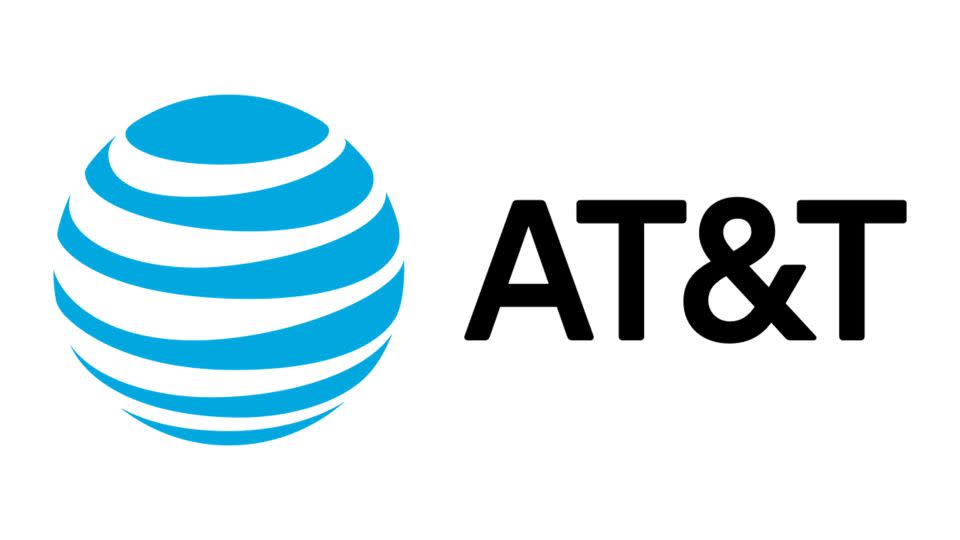
Star rating: 5 out of 5
Prices: $55 - $250 per month
Speeds: 10 Mbps - 5,000 Mbps
Availability: 22 states
Why we picked AT&T Internet
AT&T offers some of the fastest internet speeds through its fiber network, with up to 100 Mbps available in areas without fiber. The company provides unlimited data, no annual contracts and the option to bundle internet with TV and cell services.
Who should use AT&T Internet
If you live near a major metropolitan area where AT&T Fiber is available, it is the best choice for service quality and affordability. For instance, if your household has up to 10 devices and engages in streaming HD videos, online gaming and sharing large files, AT&T Fiber’s 300Mbps plan at $55 per month offers superior value. The speeds provided for the price are unmatched by other entry-level plans offered by major providers.
Additionally, all AT&T Fiber plans include unlimited data and do not require a contract. However, if AT&T Fiber is unavailable in your area, we recommend exploring plans from other providers.
Pros
No data caps for fiber plans
Fastest fiber internet speeds at a fair price
Self-installation available
Cons
Data caps enforced on all non-fiber plans
No longer offers DSL service
Only available in 22 states, and fiber internet mainly serves major metropolitan areas
T-Mobile Home Internet: Best for flexible plans
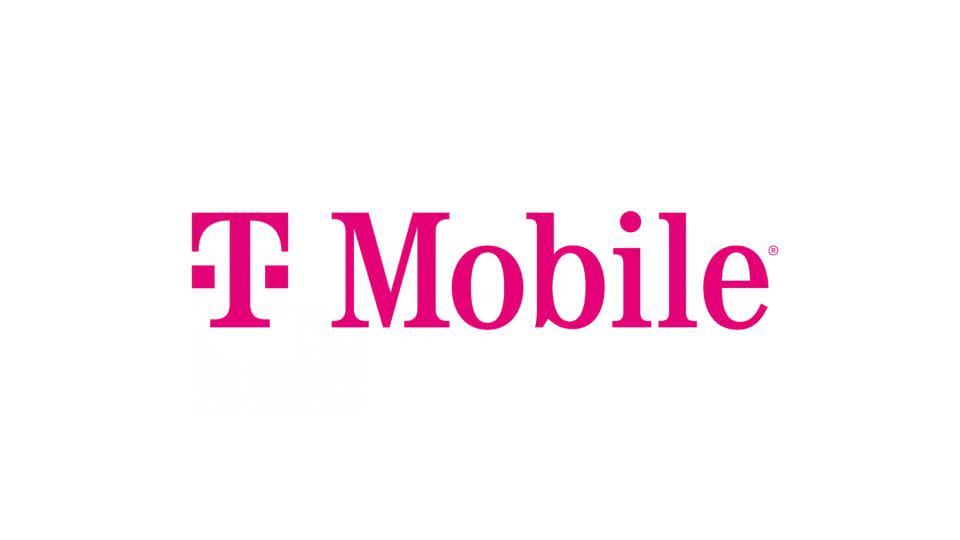
Star rating: 4.8 out of 5
Prices: $40 - $60 per month
Speeds: 33 Mbps - 245 Mbps
Availability: 50 states
Why we picked T-Mobile Home Internet
T-Mobile Home Internet leverages its 4G and 5G networks to make its wireless connection widely available wherever a T-Mobile cellular signal reaches, making it a great choice in rural areas. If you are a T-Mobile wireless customer, you can get a cheaper internet price.
As of April 2023, T-Mobile also offers fiber internet. It’s available in New York City, Northglenn, Colorado, and Pueblo, Colorado. Nine other states, including California and Illinois, are on the waiting list and available for pre-order.
Who should use T-Mobile Home Internet
If you’re already a T-Mobile cellular customer or are considering switching your cellphone to the network, bundling phone and internet services together might be a great option. T-Mobile bundle deals can save you $240 a year on internet service. You can also test T-Mobile Home Internet for 15 days to see if it works well in your area.
Pros
No annual contracts
Affordable pricing
15-day test drive
Cons
Potential for spotty service
Slower internet speeds
Speed may fluctuate depending on network congestion
Optimum: Best for bundling services
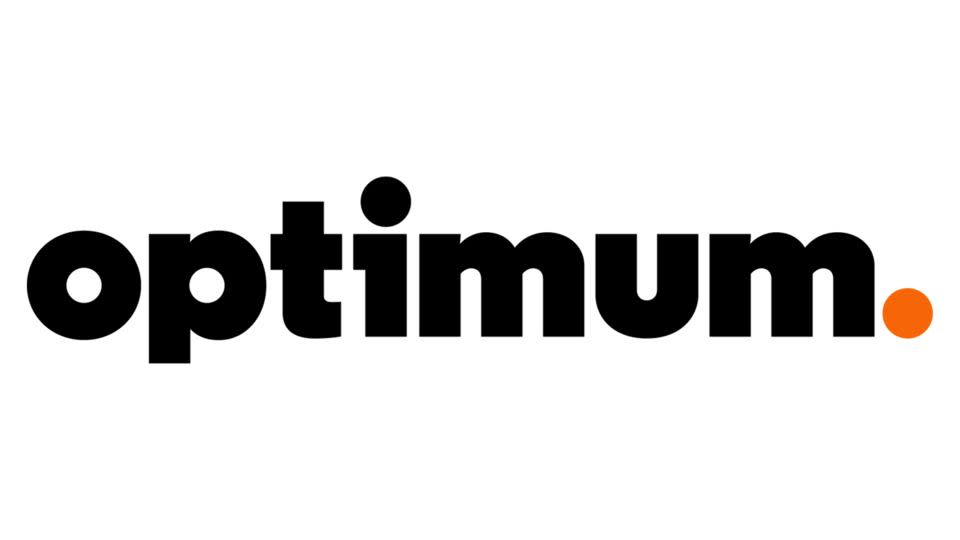
Star rating: 4.8 out of 5
Prices: $70 - $300
Speeds: 300 Mbps - 8,000 Mbps
Availability: 21 states
Why we picked Optimum
Optimum allows you to include TV, home phone and cellphone services with any internet plan of your choice and offers some of the most competitive bundle discounts on the market. Its cheapest bundle is Optimum Internet 300 and Basic TV, which starts at $75 per month.
Who should use Optimum
Optimum internet is ideal if you seek flexibility and convenience in bundling multiple services like internet, TV, home phone and cellphone at a competitive discount.
If you live in New York, New Jersey or Connecticut, Optimum now provides an astonishing 8,000 Mbps fiber internet service, significantly surpassing offerings from other providers. For example, it’s 32 times faster than T-Mobile 5G Home Internet. Such speeds can support the most data-intensive applications, including AR/VR, gaming, graphic design and video production, while simultaneously delivering increased bandwidth capable of connecting 100 or more devices to the internet. This makes it an excellent option for small businesses.
Pros
Great discounts on mobile plans when combined with internet
Unlimited data with mobile plans
Many packages to choose from
Cons
Poor customer satisfaction ratings
Limited availability
Slow upload speeds for cable internet customers
Xfinity: Best for cable internet
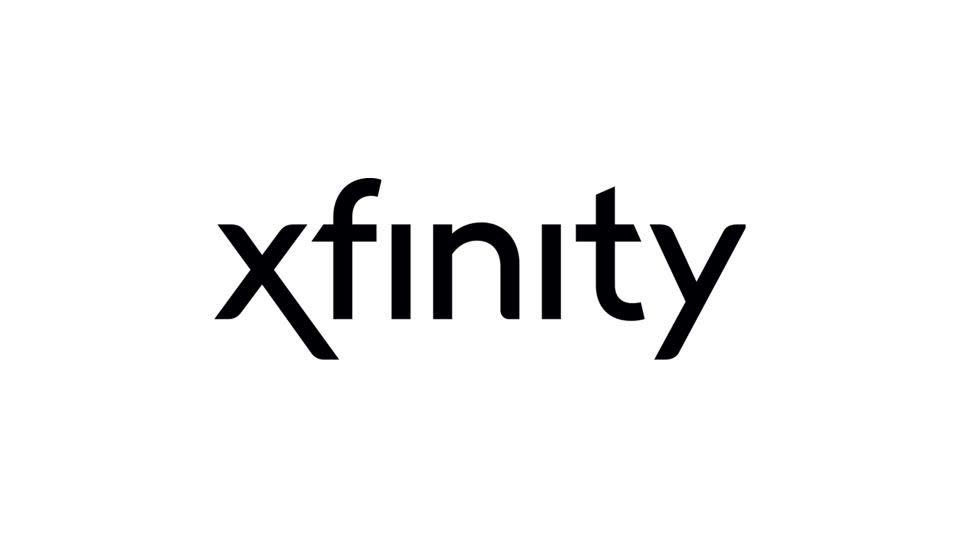
Star rating: 4.7 out of 5
Prices: $20 - $299
Speeds: 75 Mbps - 10,000 Mbps
Availability: 35 states
Why we picked Xfinity
Comcast’s Xfinity is the country’s largest cable internet service provider. Xfinity internet primarily utilizes hybrid fiber-coaxial cable connections — more widely available than pure fiber internet connections — to subscribers’ homes, resulting in much faster speeds than DSL, satellite and fixed wireless networks.
Who should use Xfinity
Xfinity is the best choice if you prioritize faster internet speeds and prefer cable internet. If available, cable internet is the most reliable option, and Xfinity has the most comprehensive cable coverage nationwide.
Pros
Above-average scores in customer satisfaction metrics
Wide plan selection
Lower intro offers compared to other ISPs
Cons
Data caps for some plans
Contracts may be required
Prices vary by region and increase after promotions
Kinetic by Windstream: Best for high-speed internet
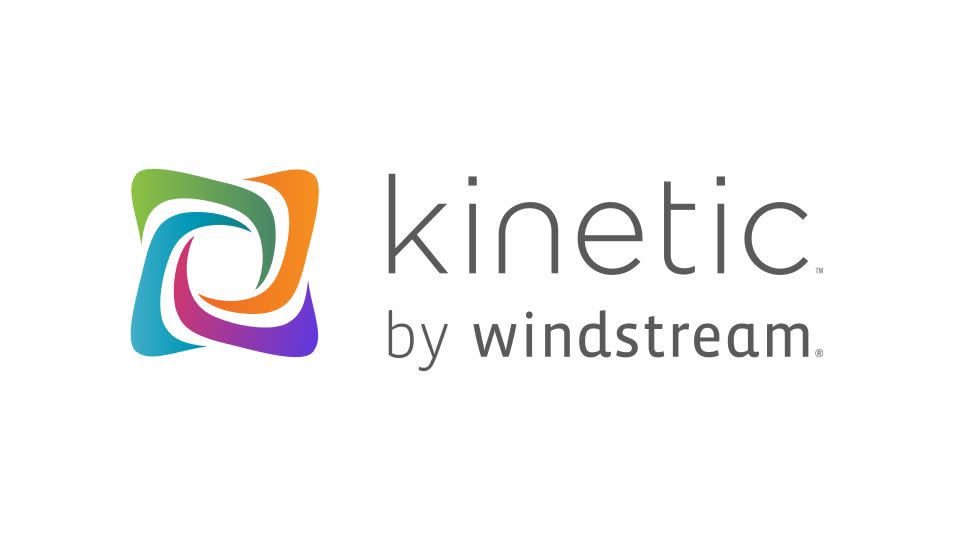
Star rating: 4.7 out of 5
Prices: $39.99 - $324.99
Speeds: 500 Mbps - 8,000 Mbps
Availability: 18 states
Why we picked Kinetic by Windstream
Kinetic by Windstream offers the best high-speed, affordable internet in suburban or rural areas. It typically offers faster speeds, competitive prices and better service terms than other rural internet providers. Kinetic is known for its fiber-cable-backed DSL system, which offers faster internet speeds than satellite or fixed wireless options.
Who should use Kinetic by Windstream
Though Kinetic is available in 18 states, its service area is relatively small and primarily targets rural and suburban regions. Kinetic may be a great choice if you live in Georgia, Iowa or Kentucky, where coverage extends across half the state or more.
If you live in a rural area, your only options for internet connection might be satellite or Kinetic (typically DSL). Kinetic’s DSL network can deliver faster speeds than many satellite, fixed wireless or other DSL providers. However, if you live closer to a city with more internet options, such as cable and fiber-optic, we recommend comparing Kinetic with other providers to determine the best fit for your needs.
Pros
Fast speeds for rural areas
No annual contracts
No data caps
Cons
Pricing and speed vary by location
Below-average customer satisfaction ratings
Monthly equipment rental fees and installation fees (you can opt to use your equipment and self-install)
Verizon 5G: Best internet speed for rural areas
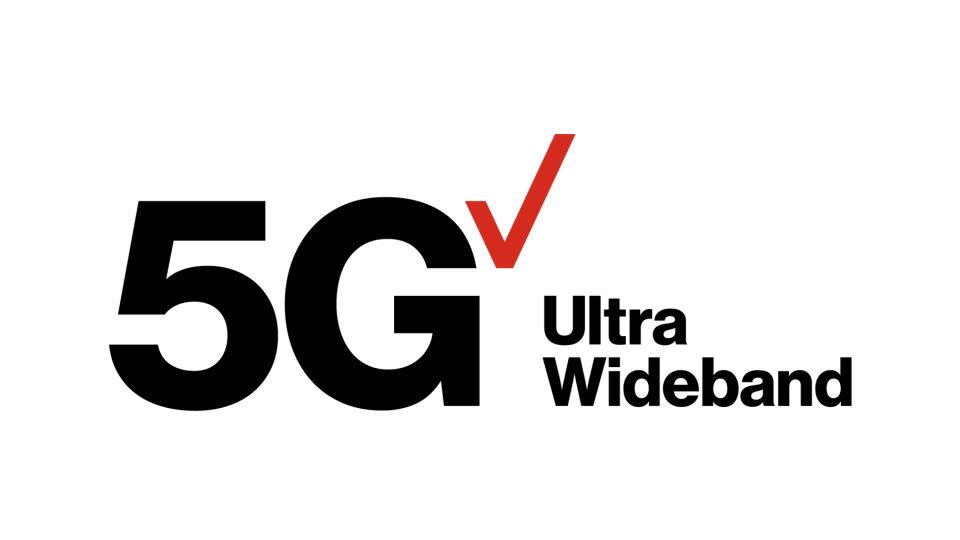
Star rating: 4.6 out of 5
Prices: $35 - $80
Speeds: 70 Mbps - 1,000 Mbps
Availability: 47 states
Why we picked Verizon 5G
Many rural areas still lack broadband access, leaving residents unconnected. This is where fixed wireless internet, such as 5G, proves invaluable. Although T-Mobile Home Internet is available in more locations than Verizon 5G (50 states versus 47 states), we selected Verizon 5G as the superior choice for rural internet due to its higher internet speeds (up to 1,000 Mbps versus T-Mobile’s fastest 245 Mbps).
Who should use Verizon 5G
If you live in a rural area that doesn’t have fiber or cable infrastructure and Verizon 5G is available at your address, it provides the fastest possible speeds up to 1,000 Mbps. This speed is ideal for medium to large homes or businesses that browse the internet, stream HD videos, play online games and share large files. However, if Verizon 5G is unavailable at your address, T-Mobile Home Internet is your next best option.
Pros
Available in most states
Faster download speeds than other fixed wireless services
No data caps or contracts
Cons
Proximity to Verizon cell tower affects connectivity
Speeds fluctuate
Upload speeds are comparable to cable but fall short of fiber
Mediacom: Best for affordability
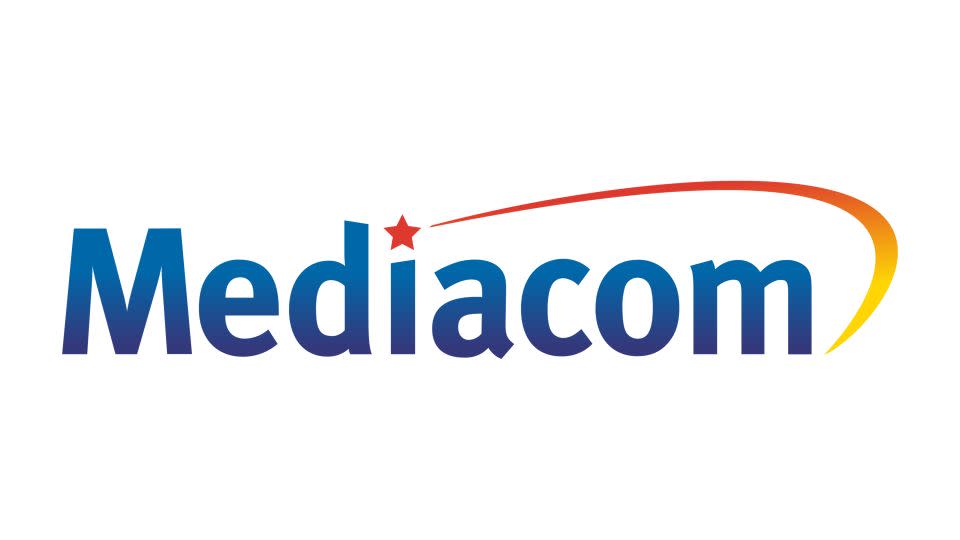
Star rating: 4.5 out of 5
Prices: $19.99 - $59.99
Speeds: 100 Mbps - 1,000 Mbps
Availability: 22 states
Why we picked Mediacom
Mediacom provides one of the most affordable high-speed internet plans in the United States, starting at $19.99 for 100 Mbps. These plans are ideal for small households with one or two internet users and a few devices, as this speed offers sufficient performance for budget-friendly internet access.
Who should use Mediacom
If you live alone or with one other person and don’t require high internet speeds for online gaming or sharing large files, Mediacom’s cheapest plan will be enough to browse the internet, stream videos, participate in virtual meetings and work or learn remotely.
If you have a family of four, you might need to upgrade to 200 Mbps, which comes at $39.99 per month. However, if you have six college roommates who are all streaming and gaming simultaneously, you may want a 500 Mbps plan instead.
Pros
Budget-friendly prices
1 Gig internet available to over 97% of customers
Autopay and paperless discounts
Cons
Tight data caps
Prices increase after a year
Below-average customer satisfaction ratings
Our picks at a glance
* Reputation is based on Better Business Bureau scores and customer ratings as of March 2024.
What didn’t make the cut
Here are some reputable providers that didn’t make this list:
Verizon Fios is a fiber-optic internet service that offers internet, TV and phone plans. Fios is Verizon’s brand name for its high-speed broadband service. Fios offers a 100% fiber internet connection with high customer satisfaction ratings. However, it’s only available in eight eastern states and Washington, D.C. If you live in one of these states, Fios internet service is tough to beat.
Cox Communications is a large private broadband company known for its high-speed cable internet service available in 19 states and Washington, D.C. Its cable speeds surpass those of DSL, satellite or a fixed wireless connection. However, Cox’s plans are more expensive than those of other cable providers, and they enforce a monthly data cap.
What is an internet service provider?
An internet service provider (ISP) is a company that provides internet access to individuals, businesses and organizations.
Your connection may be provided through various channels, including cable, wireless, fiber, DSL or dial-up.
Many major telecommunication companies, both mobile and cable providers, serve as ISPs.
ISPs can also offer other services, like email accounts, web hosting and domain registration.
How to choose the best internet service provider
The most crucial factor in choosing the best ISP depends on what’s available in your area. If you live in or near a major metropolitan area, you will have more options than someone who lives in a rural area.
Availability
Research ISPs that operate in your area and compare their internet plans, speeds, pricing and customer reviews.
Bundling
Many ISPs are also communications companies that offer cable TV, cellular phone service or landlines. Most providers allow customers to bundle their internet connection with one or more services.
Cost
While speed and availability are critical, it’s essential to factor in the internet service’s cost. Faster speeds and unlimited or larger data caps are more expensive than slower connections with less data.
Look for hidden fees, such as installation or equipment rental charges, and consider any long-term costs associated with introductory pricing. Ultimately, choose an ISP that balances affordability and the features you need.
Reliability
If you rely on a consistent internet connection, researching reliability is crucial. Explore reviews from sources like FCC reports, DSLReports, independent reviews like this one and local reviews, as customer service and reliability can vary significantly depending on your location. This will help ensure you choose an ISP that provides reliable service in your area.
Speed
Outside of availability, speed is often the most critical factor. Consider your internet usage needs and select a plan with a suitable speed. Slower speeds below 100 Mbps are sufficient for basic browsing and email and usually come at a lower cost. Speeds over 100 Mbps are recommended for streaming, gaming or downloading large amounts of data.
Types of internet services
Fiber
Fiber is the fastest and capable of speeds up to 10,000 Mbps. This internet type uses fiber optic cables — lines made of tiny glass fibers — to transfer data at the speed of light.
Cable
Cable internet is the second fastest, with a max speed of 1,200 Mbps. It uses coaxial copper wires to transmit internet and cable TV services.
DSL
DSL (digital subscriber line) is among the slowest types of internet, reaching speeds of only 140 Mbps. It uses your landline telephone network to connect to the internet and transfer data.
Fixed wireless
Fixed wireless employs radio signals to transmit internet data, with variable speeds and support for 5G technology. Fixed wireless is primarily utilized in rural areas where alternative connections are either unavailable or financially impractical.
5G
5G is the fifth generation of wireless cellular technology, offering faster speeds, improved reliability and increased capacity. 5G is a fixed wireless service, meaning the connection between the provider and your home is wireless, not wired.
Satellite
Satellite internet utilizes wireless signals transmitted from satellites orbiting Earth. It is the slowest type of internet, capable of speeds up to 100 Mbps. However, it’s a great option for those who live in rural areas and others who don’t have access to fiber, cable or DSL networks.
How much does internet typically cost?
The cost of internet service depends mainly on its connection speed. The faster the speed, the more expensive. According to a November 2022 Consumer Reports analysis, the median internet service price is about $75 per month.
What’s a good internet speed?
A good internet speed depends on many factors, including the number of people using the internet in your household and the specific purposes for which you use the internet, such as working from home, streaming Netflix or gaming.
The Federal Communications Commission (FCC) suggests that a basic internet speed should be at least 25 Mbps for downloading and 3 Mbps for uploading. But for a better experience, aim for at least 100 Mbps for downloading and 10 Mbps for uploading.
How do I negotiate lower internet bills?
No one wants to pay more than they need for reliable internet. Here are some tips on how to negotiate lower internet bills.
Leverage competitor rates: Research different ISPs in your area and compare their plans. If you find a similar plan at a cheaper price, negotiate with your ISP to lower your bill.
Talk to your neighbors: Ask them how much they pay for the same or similar internet service and how fast their internet speeds are. Ask your ISP to match that price if they pay less than you.
Call instead of emailing: It’s easier to connect with a customer service representative while talking on the phone rather than emailing or chatting back and forth. Be ready to spend some time on the call and maintain a polite and patient attitude. Remember that you have leverage if you’ve consistently paid your bills on time or if your contract is nearing its end. Even if you’re in the middle of a contract, many ISPs offer contract buyouts. Mentioning that you’re considering switching providers may also encourage your ISP to provide a better offer.
Methodology
To determine the rankings for internet providers, the CNN Underscored Home editorial team analyzed 22 companies, with each company’s star rating determined by a variety of metrics and subcategories, including:
Frequently asked questions (FAQs)
Note: The prices above reflect the retailers' listed price at the time of publication.
For more CNN news and newsletters create an account at CNN.com

